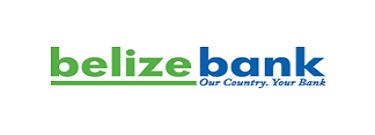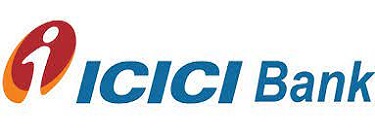
open a merchant account
A merchant account is a type of business bank account that allows a business to accept and process electronic payment card transactions. Merchant accounts require a business to partner with a merchant acquiring bank who facilitates all communications in an electronic payment transaction.
Merchant account relationships are essential for online businesses. These account relationships involve added costs which some brick and mortar establishments may choose not to pay by accepting only cash for deposits in a standard business deposit account. Merchant accounts are a type of commercial bank account.
Merchant accounts are a key aspect of business operations for most merchants. Merchants have a variety of options when choosing a merchant account service provider with transaction costs being a key component in the decision. Merchant accounts are provided by merchant acquiring banks which partner with merchants to facilitate electronic payments.
If a brick and mortar business chooses not to accept electronic payments and only allows for cash, then they would not necessarily need to establish a merchant account and could rely on just a basic deposit account at any bank. Online businesses, however, are required to establish merchant account partnerships as part of their business operations since electronic payments are the only option for customers in making purchases.












FAQ
A merchant account is a type of bank account that allows businesses to accept credit card payments. It allows businesses to process payment transactions from customers who pay with a credit card. Without a merchant account, businesses would not be able to accept credit card payments.
A merchant account usually requires a business to open an account with a bank or a third-party processor. The bank or processor will then issue a terminal or a device that allows the business to swipe or key in credit card numbers during a transaction. When a customer makes a purchase using a credit card, the business will use the terminal to complete the transaction, and the funds will then be deposited into the business’s merchant account.
Merchants accounts can also be used to process other types of payments, such as debit cards, prepaid cards, and eWallet payments.
A merchant account is a specialized type of bank account specifically designed for business owners to process credit card payments. It allows businesses to accept payments from customers who use credit or debit cards. It’s similar to a regular bank account in that it can be used for storing or transferring money, but it has some unique features that make it better suited for handling credit card payments.
A merchant account is a type of bank account that allows businesses to accept credit card payments. While there are several payment channels that a merchant account can support, some of the most popular channels are listed below:
- Credit and debit cards – These are the most common forms of payment for many businesses. Customers can pay for goods and services using their Visa, Mastercard, American Express, and Discover cards. Some merchants may also accept prepaid cards, gift cards, and debit cards.
- Electronic payment gateways – Payment gateways like PayPal, Stripe, and Braintree are third-party services that allow businesses to accept online payments from customers. These gateways provide merchants with a secure and convenient way to process credit card payments without having to manage the infrastructure themselves.
- Mobile payment apps – Apple Pay, Google Pay, and Samsung Pay are popular mobile payment apps that allow customers to pay for goods and services using their mobile devices. While these apps are still relatively new, they are becoming increasingly popular and can provide businesses with a new payment channel that is convenient and secure for customers.
By accepting a variety of payment channels, businesses can expand their customer base and provide customers with more options for paying for goods and services. This can lead to increased sales and customer satisfaction, as well as improved cash flow and reduced payment processing times.
Lorem ipsum dolor sit amet, consectetur adipiscing elit. Ut elit tellus, luctus nec ullamcorper mattis, pulvinar dapibus leo.
A merchant account is a type of bank account that allows businesses to accept credit card payments. It works by facilitating financial transactions between the merchant, the customer, and the payment gateway.
Here’s a brief overview of how a merchant account works:
- Merchant receives a payment: The customer uses their credit or debit card to make a purchase from the merchant. The transaction is processed through the payment gateway, with the customer’s cardholder info and transaction details sent from the gateway to the merchant.
- Transaction is approved: The merchant reviews the details of the transaction, determines if it’s legitimate, and decides whether to approve or decline it. If the transaction is approved, the merchant sends an approval message to the gateway.
- Funds are deposited: After the transaction is approved, the payment gateway transfers the funds from the customer’s card to the merchant’s account. The funds are usually deposited into the merchant’s bank account within 1-3 days.
A merchant account is an essential tool for businesses that accept credit card payments. It can help businesses streamline their payment processing processes, reduce the risk of fraud and chargebacks, and provide customers with a convenient way to pay for goods and services. Overall, a merchant account can make a significant impact on a business’s success by improving sales, enhancing customer experience, and improving cash flow.
Yes, certain merchant accounts allow you to offer goods on EMI to your consumers.
Our professional fee for helping you secure a Merchant Account is £ 350.

